MERS-CoV (Middle East Respiratory Syndrome Coronavirus)
MERS-CoV (Middle East Respiratory Syndrome Coronavirus) is a viral respiratory illness first reported in Saudi Arabia in 2012. It is caused by a coronavirus called MERS-CoV. Most people who have been confirmed to have MERS-CoV infection developed severe acute respiratory illness. They had fever, cough, and shortness of breath. More than 30% of these people died.
So far, all the cases have been linked to seven countries in the Arabian Peninsula. This virus has spread from ill people to others through close contact, such as caring for or living with an infected person. However, there is no evidence of sustained spreading in community settings.
On May 2, 2014, the first U.S. case of MERS was confirmed in a traveler from Saudi Arabia to the U.S. (more)
At-Risk Populations
People with pre-existing health conditions (comorbidities) or
weakened immune systems may be more likely to become infected with, or have a severe case of, MERS.
MERS-CoV has been shown to spread between people who are in close contact. Transmission from infected patients to healthcare personnel has also been observed.
Healthcare professionals should evaluate for MERS-CoV infection based on CDC guidelines. (more)
Symptoms
Many people confirmed to have MERS-CoV infection have had severe acute respiratory illness.
- Symptoms included fever, cough, and shortness of breath.
- Many of them had pneumonia.
- Some people also had gastrointestinal symptoms, including diarrhea.
- Some have had kidney failure.
- Some people did not have any symptoms, or had only mild respiratory illness; they recovered.
How It Spreads
Infected people have spread the virus to others through close contact, such as to people who were caring for or living with them. There is no definitive evidence of sustained spreading of MERS-CoV in the community.
Prevention
The U.S. Centers for Disease Control and Prevention (CDC) advises Americans to help protect themselves from respiratory illnesses by washing hands often, avoiding close contact with people who are sick, avoid touching their eyes, nose and/or mouth with unwashed hands, and disinfecting frequently touched surfaces.
Travelers who are going to the area are advised to follow standard precautions, such as hand washing and avoiding contact with people who are ill. Before traveling to the Arabian Peninsula, also refer to the CDC's Travelers' Health guidance and recommendations.
Federal, state, and local health officials are taking action to minimize the risk of spread of the virus. The Indiana hospital where the first U.S. case was diagnosed in May of 2014 is using full precautions to avoid exposure within the hospital and among healthcare professionals and other people interacting with the patient, as recommended by the CDC.
The Interim Guidance for Preventing MERS-CoV from Spreading in Homes and Communities provides guidance for anyone who gets evaluated for MERS-CoV infection after a possible exposure, as well as for all MERS-CoV patients' caregivers, household members, and close contacts for protecting themselves against exposure and infection.
In July 2013, the CDC posted checklists and resource lists for healthcare facilities and providers to assist with preparing to implement infection control precautions for MERS-CoV. As part of the prevention and control measures, officials are reaching out to close contacts to provide guidance about monitoring their health.
Testing & Diagnosis
Lab tests (polymerase chain reaction or PCR) for MERS-CoV are available at state health departments, CDC, and some international labs. Otherwise, MERS-CoV tests are not routinely available. There are a limited number of commercial tests available, but these are not FDA-approved.
Treatment
Anyone who develops fever and cough or shortness of breath within 14 day after traveling from countries in or near the Arabian Peninsula should see their doctor and let them know where they traveled.
There is no specific antiviral treatment recommended for MERS-CoV infection; medical care can help relieve symptoms. For severe cases, current treatment includes care to support vital organ functions.
 Rhode Island Department of Health
Rhode Island Department of Health